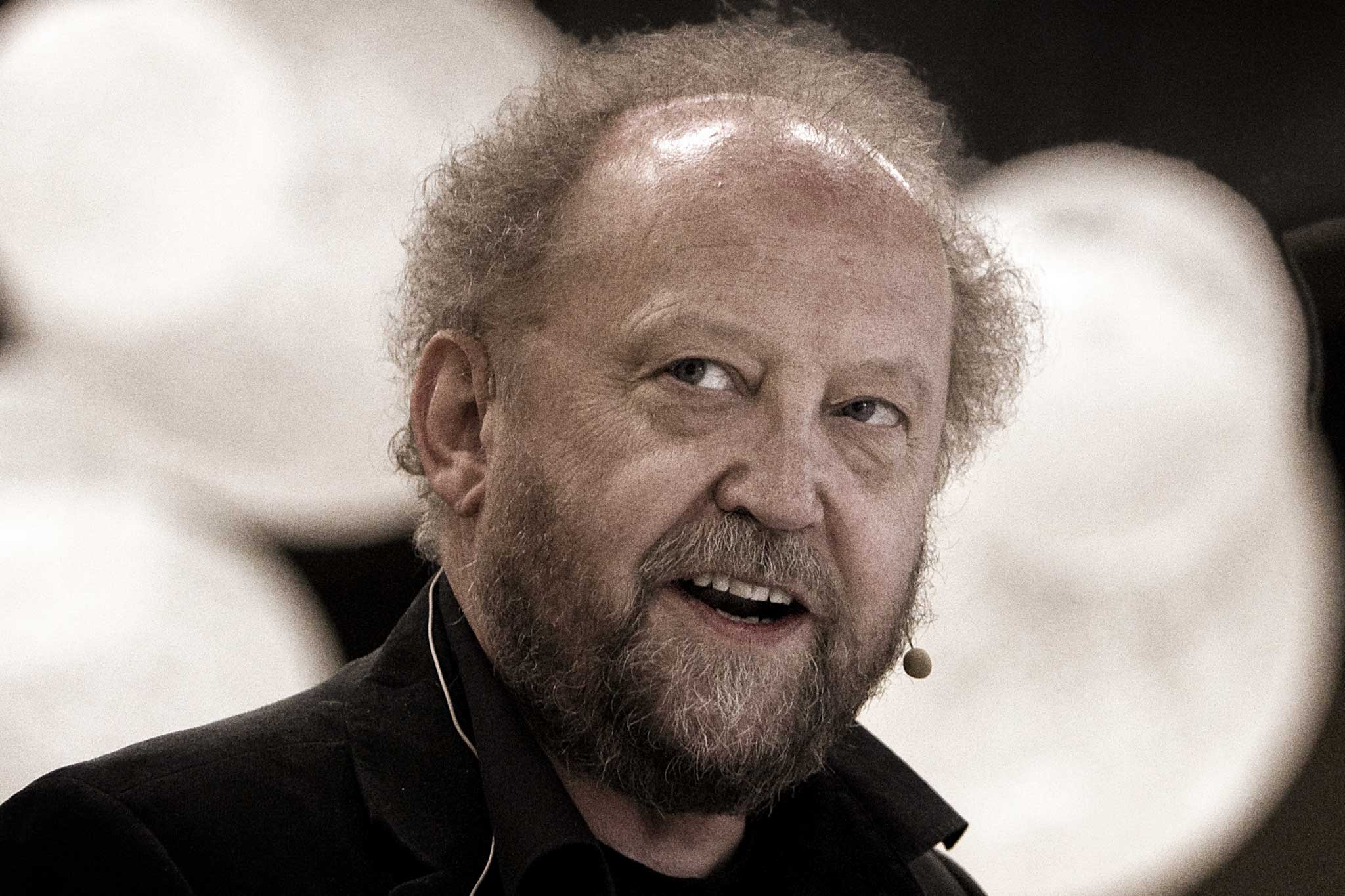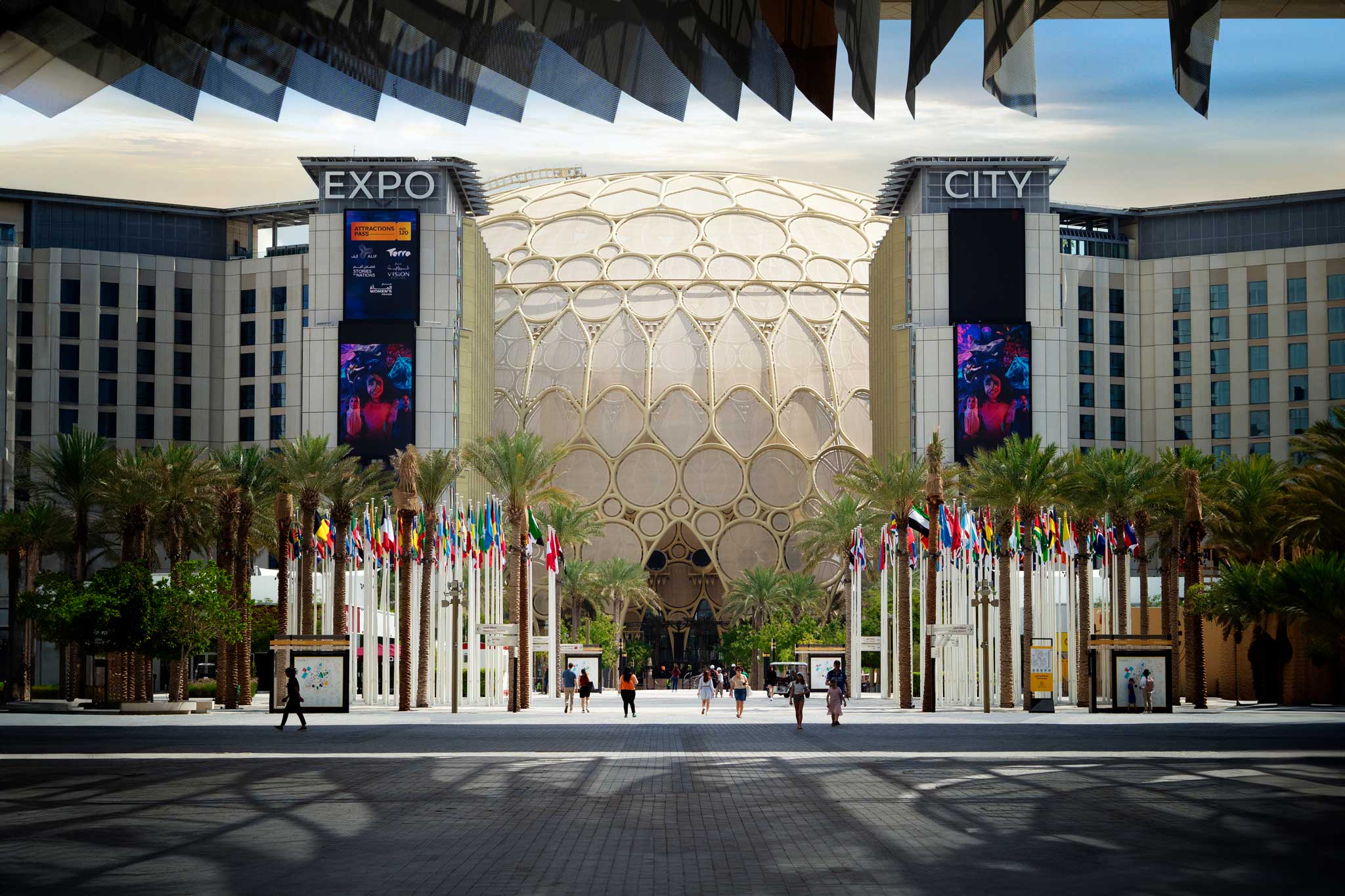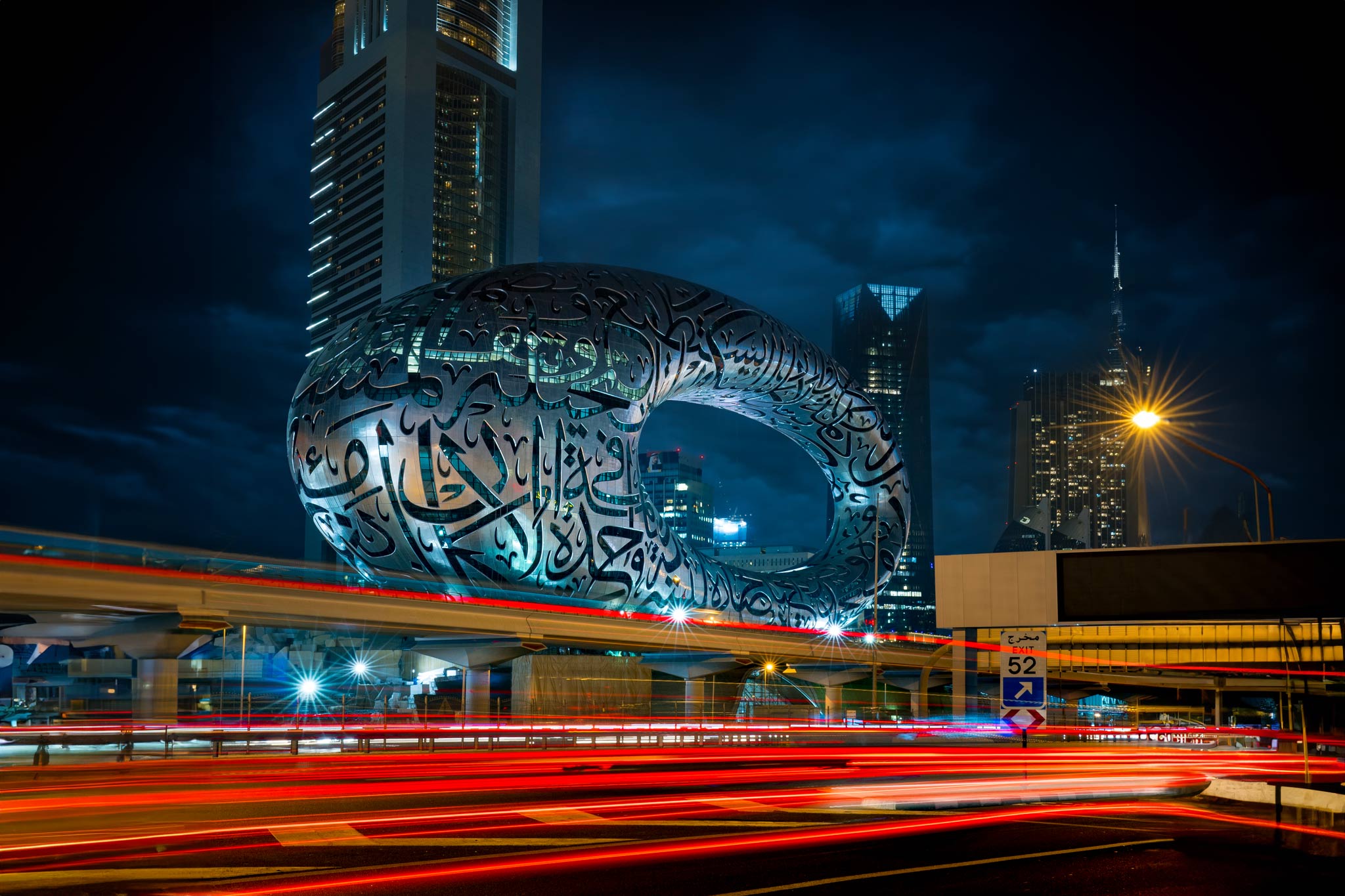The Principality Monaco is a globally renowned business events destination for the quality of its infrastructure, the level of safety it offers, and their work on sustainability. The country’s event calendar shows hundreds of professional meetings in various fields, strengthening the principality’s position as a meetings destination.
There are business event sectors that are keener to come to Monaco than others: finance and insurance, medical, technology, and environment. Many offers and services are available within only two square kilometres. The principality, located on the French Mediterranean east coast, is the second-smallest country in the world. It lies just 30 minutes from Nice Côte d’Azur Airport, France’s second busiest airport, which links the principality to over 121 destinations in 45 countries.
Monaco is a cosmopolitan destination, mainly urban, and has been ruled by the Grimaldi family since the Middle Ages. Over 50,000 people work daily in more than 5,000 businesses, including many major international companies, while the resident population is under 40,000, including 132 nationalities.
Since 2019, Christine Barrabino has been Head of The Monaco Convention Bureau, a Monaco Government Tourist and Convention Authority (DTC) department. She says the convention bureau’s most important goal is to be one of the best value-for-money destinations for business events. In addition to this, Monaco is a destination where opposites attract: Tradition meets modernity, business meets leisure, luxury meets casual, and the Mediterranean Sea meets the mountains.
“Our motto is to reinvent ourselves while keeping our DNA. We constantly reinvent ourselves while keeping who and what we are alive. Choosing Monaco means gathering participants and exchanging ideas and business prospects in a responsible setting.
“Monaco, as well as the private sector, invests heavily in infrastructure to offer the best possible work environment: practical, high-quality, and comfortable. It is true for our hotels, restaurants, Sporting Monte-Carlo and One Monte-Carlo venues, and Grimaldi Forum, our main congress centre.”
The principality has been dedicated to maintaining a very high level of safety. Christine Barrabino claims that security is one of the assets; the size of the country is another. For example, you can plan your activities within walking distance and bring different companies to collaborate to bring success to an event.
“On that specific matter, the convention bureau acts as a one-stop-shop for the destination, smoothing relations with all business events partners. Accommodation can be challenging for giant events, but with all hotels included, there are around 2,500 rooms, with various solutions available when needed.”
The environment and sustainable development are core priorities for the Monegasque State, both nationally and internationally. Environment, social issues, responsibility, and sustainability are fundamental concerns, and the Monaco Tourist and Convention Authority (DTC) has focused on them for some years. In 2022, DTC announced the creation of a CSR division.
“Monaco is a luxury and sustainable destination – it is in our DNA”
“More and more organisers are concerned and express the will to be as responsible and sustainable as possible. This concern affects organisers and participants. Our CSR department works on all business events and leisure parts to help implement the most responsible behaviour and tools. For example, the convention bureau recently launched The Sustainable Event Planner’s Guide, dedicated to the business events segment,” says Christine Barrabino.
“The business events industry is, by nature, a producer of temporary projects, often in different places worldwide, as most participants come from various locations. It implies significant logistics, equipment, travel, and accommodation of participants, all for a limited amount of time. For these reasons, the business event sector is rarely associated with a sustainable activity when discussing Monaco’s most important strategic question today.
“Therefore, we must answer the question of how we can successfully combine sustainability and the business events industry. To rally our local partners and event organisers, we must lead by example. Our commitment as a country is the best guarantee that we are involved in the best possible practices combining environmental and economic sustainability. In this perspective, Monaco maintains competitiveness and responsibility.”
The Principality of Monaco is known as a destination associated with luxury. Can luxury be sustainable in any way? Christine Barrabino answers that sustainability has been at the heart of Monegasque concerns for a long time. In Monaco, environmental protection has been treated as an issue of central importance for many years. She says a luxury product expects to last in time, so the concept of sustainability is near. She explains with an example where a CSR director at a hotel in Switzerland expressed: ‘You buy a beautiful watch, and you know the quality is very high. It means you can give the watch to your child as you see it expects to last in time.’
“Monaco is a luxury and sustainable destination. It is in our DNA. The destination and our partners adopt solutions to ensure resources are managed efficiently. For example, over 80 per cent of hotels have opted for environmental certification. At the same time, soft mobility is being promoted by developing a public transport network and efficient intermodal solutions. Also, I should mention thermal energy, which consists of using heat pumps to heat or cool buildings.”
This technology, implemented in Monaco in the 1960s, has been proven entirely sustainable and is used, for example, in the congress centre Grimaldi Forum. Awareness-raising initiatives are regularly organised on themes ranging from selective sorting to the fight against food waste and the importance of protecting biodiversity. Reconsiderable efforts are periodically made to improve accessibility and create new infrastructures.
“The White Paper on Sustainable Tourism was published in November 2021. Based on surveys, benchmarks, and dialogue with stakeholders, this document aimed to better understand current tourism in Monaco, identify its strengths and weaknesses to lay the foundations for tourism in the future, and make it more sustainable by drawing inspiration from the United Nations Sustainable Development Goals and the principality’s energy transition targets,” says Christine Barrabino.
“Sustainability has been at the heart of Monegasque concerns for a long time”
The white paper refines a CSR strategy, and a three-year action plan is linked with the Sustainable Development Goals (SDGs) based on five significant axes: Educate and train, communicate, reduce the impact, develop tourism for all, and measure.
The reigning Prince of Monaco, Albert II, has committed the principality to reducing its greenhouse gas emissions by 55 per cent by 2030, compared with the 1990 level, to achieve the country’s goal of sustainability and energy transition. In 2017, 96 per cent of the hotels signed the National Energy Transition Pact, which means they all try to reduce their consumption, improve their waste management, and find alternative solutions.
Last year, The Monaco Government Tourist Authority signed the Glasgow Declaration, a pledge created by UNWTO to decarbonise tourism. Two carbon calculators were launched: one dedicated to event planners and the other to visitors. The aim is to educate people about their impact on the destination. The carbon calculators give the carbon impact but also present alternative solutions to reduce the carbon footprint of business events.
The Monaco Government Tourist and Convention Authority and the Monaco Convention Bureau have seven representative offices worldwide to build knowledge infrastructure. Christine Barrabino states that this network allows them to contact professionals from the most relevant markets constantly.
“Based on the network, we organise several activities worldwide to educate, explain, and promote our destination as the best choice for organisers. Our goal is to ensure that all the assets of the destination are well known and to reach a maximum number of potential clients. The long-term strategy and goals for attracting more business events and congresses are first to work to gain and keep the loyalty of the organisers who already have chosen Monaco for their meeting. Repeat events are essential to the principality’s yearly events calendar.”
When discussing the future of business events in Monaco over the coming five to ten years, Christine Barrabino wants to share an outlook on the past. She takes us back to April 1914, when Prince Albert I, the prince of the time, gathered police and lawyers from 24 countries to exchange information on investigation techniques, international cooperation, and extradition. Less than ten years later, this idea became the world-well-known organisation Interpol.
“The example, over a century old, shows the concept of ‘reinventing yourself while keeping your DNA.’ Therefore, I expect that in five or ten years, we will continue to adapt to welcoming events and become more sustainable, especially regarding mobility and energy consumption. Technology will continue transforming our lives in the business events industry, and digital security and artificial intelligence will probably continue to be hot topics.”





